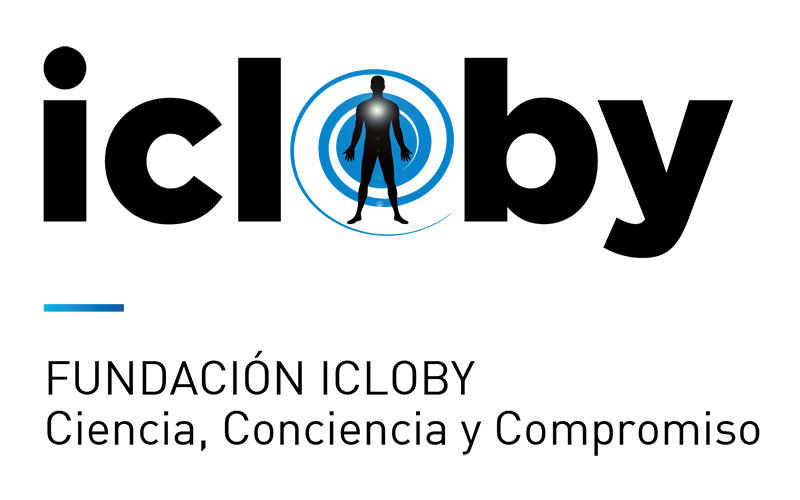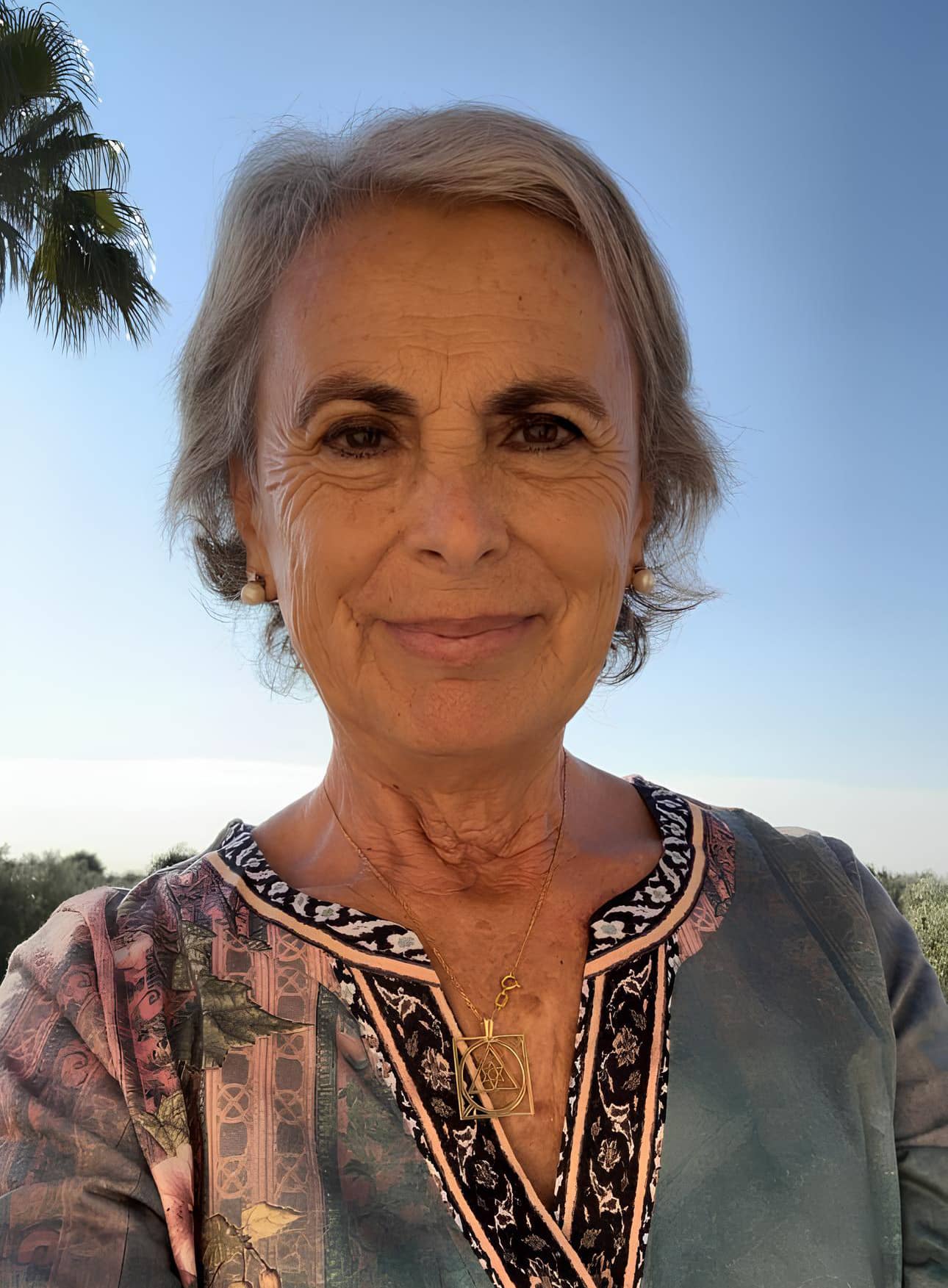Who has taught us to face death as a natural part of life and not as a failure of our medical activity, which we often inflict on ourselves?
Who has taught us to give that painful news to the family with empathy and compassion?
Who has taught us to accompany with warmth and kindness?
Who has taught us to accompany in the process of dying? Many times it seems that, when our duty of saving lives ends, our role as doctors ends.
Usually, people who work with others in the health field, are overworked in hospitals with a shortage of personnel (often hospitals operate due to the good will of health workers due to the lack of resources), diagnoses that are difficult to communicate, illnesses or accidents that lead to death, tensions at work, few resources and excessive work overload.
But… who takes care for the health workers?
We have to learn to take care of ourselves. Healthcare workers have emotions, joys, but also frustrations when a patient leaves, and who has taught us to work on our emotions, to activate our parasympathetic so as not to be in continuous hypersympathicotonia ,with adrenaline and corticosteroids at full capacity for that life in survival mode and fight or flight, but to activate our parasympathetic through knowing how to stay calm and safe that would lead us to balance?
Practicing Self-Compassion is an exercise in self-care and care for other people, which requires an effort to break the habits of the critical voice (so common in us), which helps us let go of many of the irrational ideas we have. such as expectations of perfection, and opening ourselves to not knowing, to error, to difficulty, all of this from calm, affection, unconditional support and non-judgment, being kind to ourselves, opening ourselves to what we do not know and that things are not going to happen as we had planned.
Practicing mindfulness leads us to experience the present moment without identifying with the circumstances, observing our own thoughts and emotions. It helps us to be aware of the experience of the present in a clear and balanced way, to recognize how we feel and observe it objectively so as not to be swept away by discomfort. To observe one’s thoughts and emotions with openness and clarity, as they appear in consciousness.
To be aware of the experience of the present moment, in a clear and balanced way, without ignoring the things we do not like about ourselves, about others or about life, and without exaggerating them or focusing too much on them; It will lead us to adopt a broad perspective of our own experience, to consider it more objectively and not be carried away by our own discomfort, something that can lead to an obsessive fixation on negative thoughts and emotions, and prevent a clear vision of ourselves and of the problems themselves.
Be kind and understanding with ourselves in times of pain or failure, rather than being self-critical, and perceive our experience as part of the human experience rather than seeing it as something negative.
德拉. 卢扬科马斯
伊克洛比基金会主席


